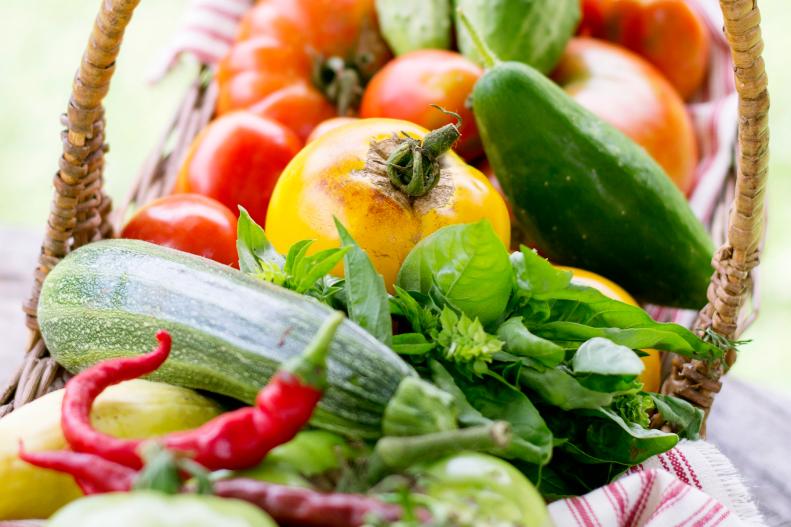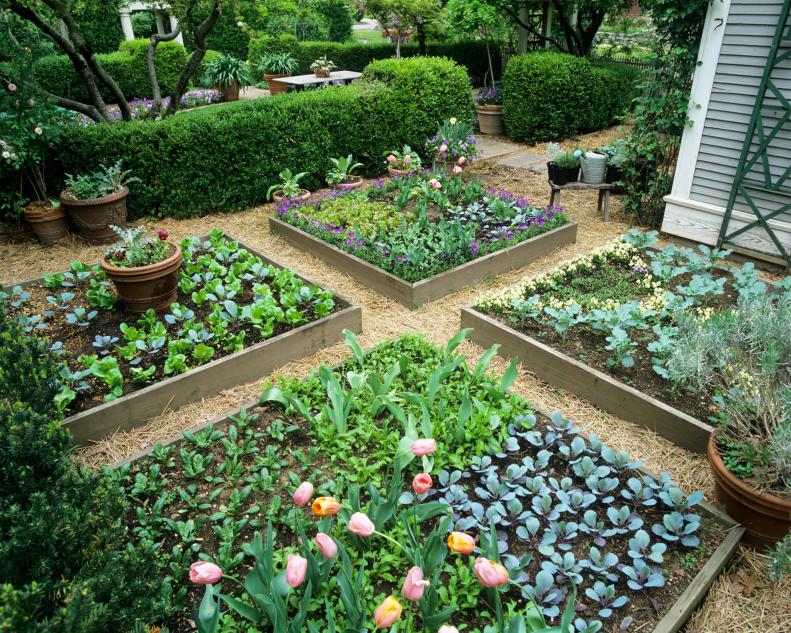Why You Should Plant a Vegetable Garden
It's uniquely satisfying to grow your own food from scratch. There are lots of reasons to plant a vegetable garden. When you grow your own produce, you can ensure your vegetables are free from chemicals and that you will have a reliable supply of food on hand. Vegetable gardening is also a great way to involve children in the incredible process of watching plants or seeds sprout fruit or vegetables they can eat. And after you get going, planting and eating your own fruit and vegetables can be cheaper than buying produce at the grocery store (homegrown produce also tends to taste better). A small tomato plant, for instance, can yield up to 10 pounds of tomatoes throughout the growing season. Read on for our best tips for ensuring your vegetable garden is productive from the get-go.









